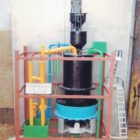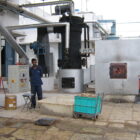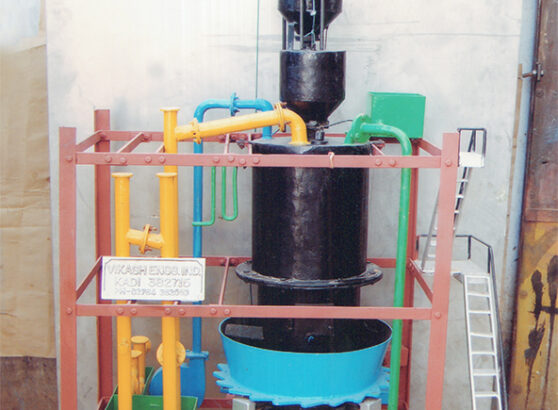Written by Greenboot Energy on Mar 15, 2023.
Introduction: Thermic fluid heaters are vital components in various industrial processes, providing efficient and controlled heating solutions. In this blog, we will delve into what thermic fluid heaters are, their applications, advantages, and essential maintenance tips.
What Are Thermic Fluid Heaters?
Thermic fluid heaters, also known as thermal oil heaters, are specialized equipment used to heat a heat transfer fluid to a specific temperature for various industrial applications. These heaters use a heat source to heat the thermic fluid, which then transfers the heat to the target process.

Applications of Thermic Fluid Heaters:
- Chemical Industry: Thermic fluid heaters are commonly used in chemical plants for processes like distillation, drying, and heating reactors.
- Textile Industry: They play a crucial role in textile dyeing and printing processes.
- Food Processing: Used for cooking, frying, and other heat-dependent food processing operations.
- Pharmaceuticals: Precise temperature control is essential for pharmaceutical manufacturing, making thermic fluid heaters indispensable.
- Oil and Gas: Thermic fluid heaters are used in offshore platforms for oil and gas processing and heating.
Advantages of Thermic Fluid Heaters:
- High Efficiency: Thermic fluid heaters offer excellent heat transfer efficiency, resulting in energy savings.
- Precise Temperature Control: They provide precise temperature control, crucial for many industrial processes.
- Safety: Thermic fluid heaters operate at lower pressures compared to steam boilers, reducing the risk of accidents.
- Low Maintenance: Properly maintained thermic fluid heaters have a longer lifespan and lower maintenance requirements.
- Versatility: They can handle a wide range of temperatures and are suitable for various applications.
Maintenance Tips for Thermic Fluid Heaters:
- Regular Inspection: Routine inspections help identify and address potential issues before they become major problems.
- Fluid Quality: Ensure the thermic fluid is of the right quality and regularly monitor its condition.
- Clean Heat Exchangers: Keep heat exchangers clean to maintain efficient heat transfer.
- Burner Maintenance: Regularly inspect and maintain the burner system for optimal combustion.
- Safety Measures: Follow all safety guidelines and maintain safety devices.
Conclusion:
Thermic fluid heaters are indispensable in numerous industrial applications, offering precise temperature control, energy efficiency, and safety advantages. Regular maintenance is key to ensuring their longevity and trouble-free operation. Understanding the role of thermic fluid heaters in your industry can help optimize your processes and improve overall efficiency.







